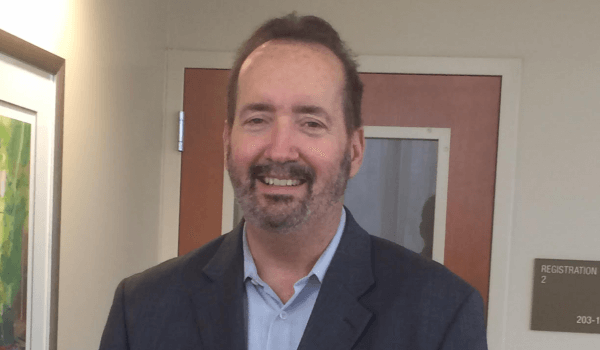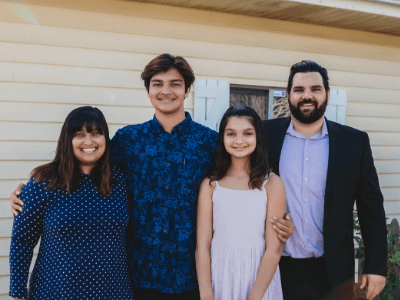Lung Cancer Remission Vs NED: What is the difference?

Complete Vs. Partial Remission: Dr. Michael Weitz
Dr. Michael Weitz, a physician and lung cancer patient (currently NED) helped to break it down this way:
“Remission needs to be broken up into two categories: Complete and Partial Remission. Most doctors deem Complete Remission equivalent to NED. Partial Remission connotes cancer that is not actively growing over a period of time, also considered a stable disease. While partial remission, complete remission, and NED are all great news to cancer patients and their doctors, partial Remission vaguely implies that they are not “out of the woods.” They will need to be more closely monitored. NED is what all cancer patients aspire (dream, pray, and hope) to hear by their oncologists.”

I Never Thought of Myself as NED: Bobbi Cohen’s Story
Bobbi Cohen, who was diagnosed with lung cancer in 2004, says that she has never thought of the word “remission” in connection to her case.
“I’ve never thought of myself as NED because I still have so much going on in my lungs. There are still nodules and ground glass opacities. As a matter of fact, nearly four years ago there was a change in one of the nodules. And after being watched for 3 years, my surgeon said it was time for it to be surgically removed. My oncologist and the tumor board both felt that I could still wait and they’d monitor. But I went with the surgeon’s recommendation. And it turned out to be cancer again.”

Confusion Between Remission and NED: Tabitha Paccione’s Story
It took the better part of a year of feeling unwell before Tabitha Paccione would receive the shocking news that she – a young, in shape, and otherwise healthy woman – had lung cancer. Currently NED, Tabitha speaks honestly about her own personal confusion between remission and NED.
“I have always been confused with the actual difference between remission and NED. It just always seemed so closely entwined. I was under the impression that remission meant that all of the cancer was dormant or “asleep” in a survivor’s body. I was told by my oncologist that I am currently in remission, but in the same breath, he also said that he sees no cancer in my body.”
“Ever since I was diagnosed I have heard that NED was the ultimate goal, and I dreamed of one day getting there. I now understand how truly complex cancer is, and I am now able to truly appreciate that whether I am stable, in remission, or NED, I am living. And I am so grateful for that opportunity. Those terms don’t actually define me. I am so happy to be alive now. And I am happy to know that one day, that term NED will apply to everyone because of how hard we are fighting for more funding and more research. Hopefully, I will be here to experience that joy, but either way, I am just happy to be here right now in this moment.”
I Associated The Term Remission With Someone With Late-Stage Lung Cancer: Yovana Maria Portilla’s Story
When Yovana Maria Portilla was in a fender bender, she was brought to the hospital to be checked out. Routine scans to determine any internal injuries unmasked a tumor on her lung. A few months later, Yovana, just 34 years old, learned that she had early stage lung cancer. So early, in fact, that it was deemed operable.
“I am more familiar with “NED” (No Evidence of Disease). It is the acronym that was used to describe not only my status after surgery but also my current status. And will be what I will be classified as until I hit the 5-year benchmark. Then I can officially use the other phrase and state that I am “Cancer Free”!
I know when people would initially ask me if I was in remission when I was first diagnosed it confused me because I associated the term remission with someone that had a later stage diagnosis (and might still have illusive cancerous cells roaming in their body) and had gone through chemotherapy or radiation and was taking a break from treatment. And since I did not fall into any of those categories or situations I would always correct them and tell them I was NED.”
Read more inspirational stories of lung cancer survivors
New and life-saving treatments, along with clinical trials, are happening rapidly. Read more about people living with lung cancer.

